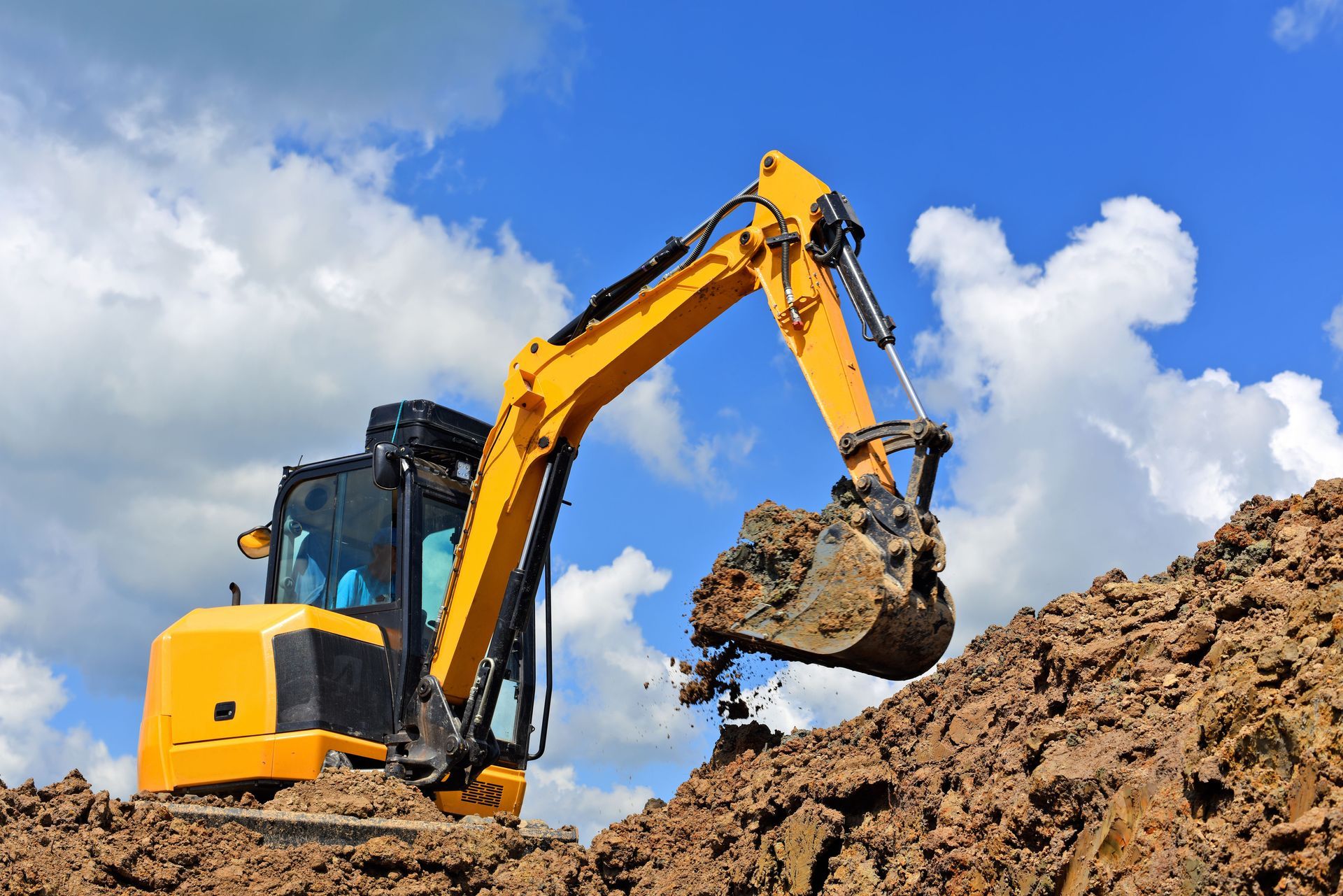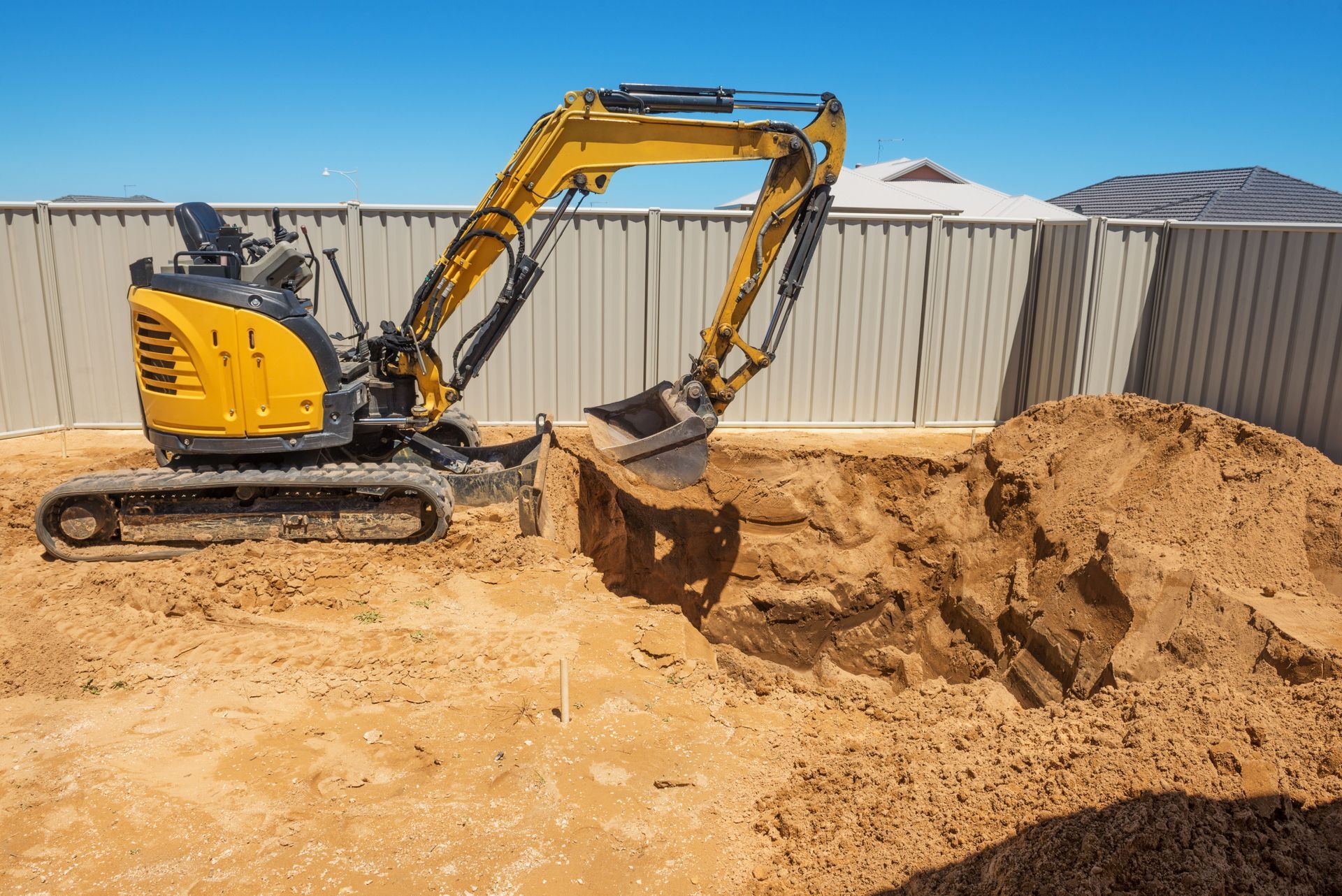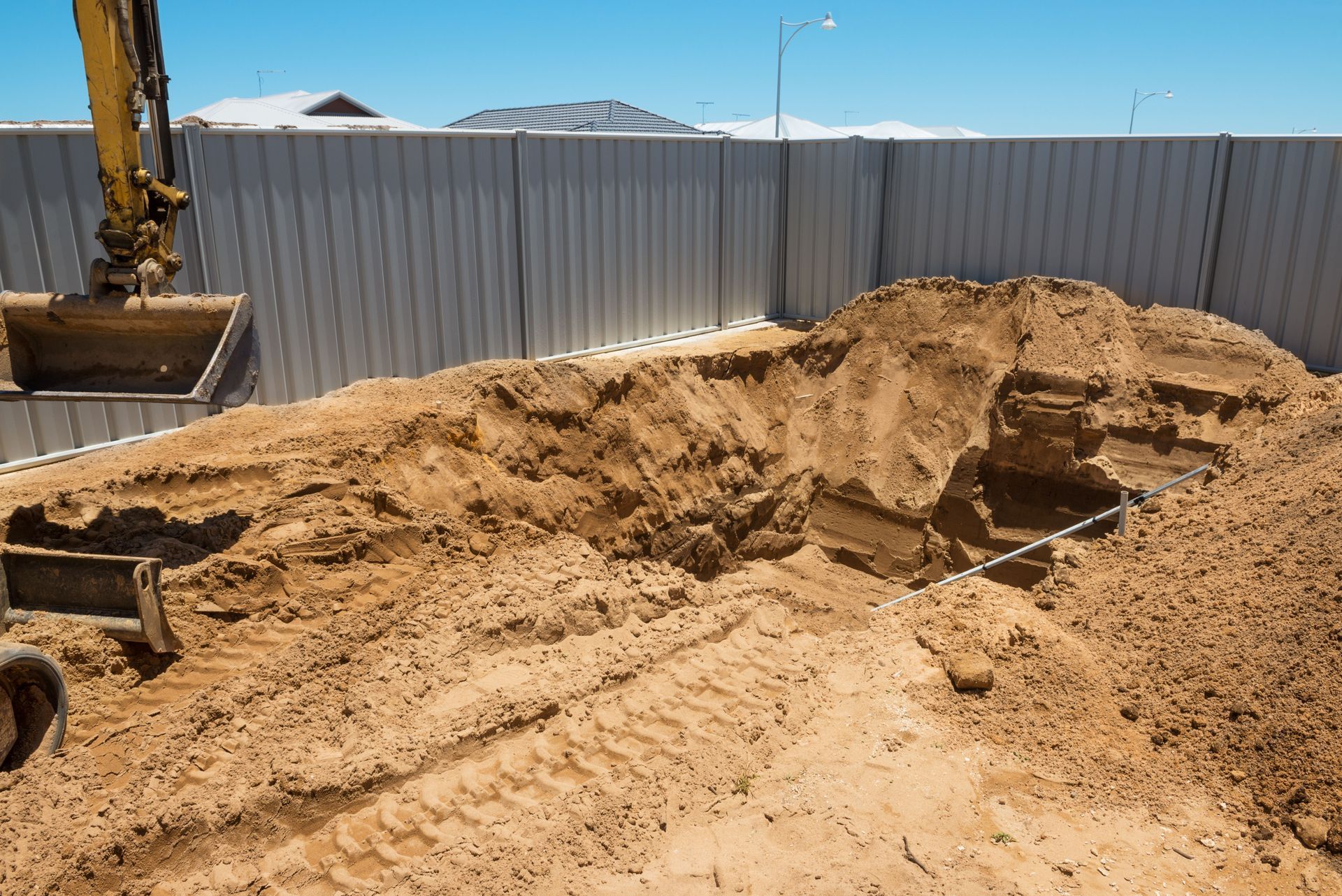Working With Excavation Companies: A Guide for Contractors
For contractors, understanding what to expect when working with excavation companies can save time, reduce stress, and ensure a project runs smoothly. Excavation is one of the first and most critical steps in construction, setting the stage for foundations, utilities, and site drainage. Contractors who know the ins and outs of the excavation process can plan more effectively, coordinate with teams, and avoid delays that can ripple through the entire project.
Even experienced contractors sometimes underestimate the complexity of excavation work. From pre-job planning to final grading, each phase involves specific tasks, safety considerations, and equipment requirements. Understanding the workflow of excavation projects helps contractors coordinate other trades more efficiently, from concrete pouring to utility installation. Anticipating each phase of excavation can reduce delays and ensure that the overall construction timeline stays on track. Explore the process of working with excavation businesses so you know what to expect at each stage for safe and efficient projects.
1. Assess the Site and Plan the Project
The first step in working with excavation professionals is the initial consultation. During this stage, contractors present project plans, site maps, and relevant details to the excavation team. Expect the contractor to review site conditions, soil types, and access points. This helps the excavation company determine what machinery and crew size will be required.
Site assessments often include measuring slopes, identifying utility lines, and noting drainage issues. Excavation teams may also point out potential obstacles that could affect project timelines, such as rocky terrain or soil stability concerns. By thoroughly assessing the site, contractors and excavation companies can anticipate challenges before heavy equipment arrives.
Contractors should also expect detailed feedback regarding project scope and cost estimates. This conversation ensures that both parties are aligned on what will be accomplished, the expected timeline, and any additional services that may be needed. Clear expectations at this stage reduce surprises and help keep the project on track.
2. Prepare the Site and Schedule Work
Once the project plan is finalized, the next step is scheduling the excavation work. Contractors should expect the excavation company to coordinate crew availability, machinery, and material deliveries to fit the overall project timeline. Proper scheduling is critical because delays in excavation can affect every subsequent stage of construction.
Site preparation often involves clearing vegetation, removing debris, and marking boundaries. Excavation companies may also need to set up temporary access roads or staging areas for equipment. Contractors should expect that the site will require some adjustments to accommodate machinery safely and efficiently. Preparing the site thoroughly ahead of time helps avoid equipment bottlenecks and ensures that the excavation team can work without unnecessary interruptions.
During this phase, it’s also common for contractors to discuss safety measures with the excavation team. Trenches, heavy machinery, and uneven terrain all present risks, so contractors should anticipate detailed plans for site safety, including protective equipment and protocols for unexpected hazards.
3. Execute the Excavation Work
Excavation itself is a multi-step process that contractors should understand before work begins. Depending on the project, it may include bulk excavation, trenching for utilities, grading, or fine grading for foundations. Contractors can expect that the excavation company will follow a logical sequence to maintain efficiency and safety on site. Understanding this sequence helps contractors plan their own work and coordinate other trades without unnecessary delays.
As the work progresses, contractors should be prepared for frequent communication with the excavation team. Updates on progress, soil conditions, and any unforeseen obstacles are normal. For instance, hidden rock layers or water tables may require adjustments in equipment or techniques, which can affect timing and cost.
It’s also typical for contractors to coordinate inspections during this stage. Ensuring that trenches are properly sloped, foundations are correctly aligned, and drainage systems are installed as planned helps prevent costly mistakes later. According to the National Demolition Association, there are more than 234,318 excavation companies in the U.S., so selecting an experienced team is essential to handle the technical demands of this phase.
4. Manage Communication and Expectations
Contractors should expect ongoing communication to be a key part of working with excavation businesses. Regular site visits, progress reports, and check-ins help ensure that the project stays aligned with the schedule and budget. Clear communication also allows contractors to address issues quickly, preventing minor setbacks from turning into major delays.
It’s normal for changes to occur during excavation. Soil conditions, weather, or unanticipated obstacles can require modifications to the original plan. Contractors should anticipate that the excavation company will provide recommendations and solutions for these challenges, and that flexibility may be needed to keep the project moving forward. Maintaining an open dialogue allows contractors to make timely decisions that minimize disruptions and keep the project on track.
Setting expectations regarding responsibilities is also important. Contractors should clarify who is handling permits, inspections, and site safety requirements. Establishing these boundaries early helps avoid confusion and ensures a smoother workflow as the project progresses. Clearly defining responsibilities also helps prevent disputes and reinforces accountability among all parties on site.
5. Complete and Review the Excavation Work
Once excavation is complete, contractors should expect a final review of the site. This may include checking grades, verifying trench depth and slope, and ensuring that any utility installations meet specifications. Proper completion of this phase lays the foundation for all future construction work. It’s also common for contractors to walk the site with the excavation team to confirm that everything matches the original plans and specifications.
Contractors should also anticipate minor adjustments or touch-ups. Final grading, compacting soil, or adding fill materials may be necessary to achieve the correct elevations and drainage patterns. Attention to detail at this stage prevents problems with foundations, water management, and landscaping later on. These small refinements ensure the site is fully prepared for the next phase of construction without causing delays or additional costs.
Finally, contractors can expect that a strong working relationship with the excavation company continues even after the major work is done. Reliable teams often provide guidance on site maintenance, recommendations for subsequent phases, and support for resolving any issues discovered after construction begins. Establishing trust and clear communication at this stage sets the tone for future collaborations on other projects.
Working with excavation companies is a structured, multi-step process that requires planning, communication, and flexibility. Contractors who understand what to expect, from initial consultation and site assessment to the finishing touches, can ensure that excavation work is completed efficiently, safely, and to the highest standard. Each stage of the process has its own challenges and considerations, but knowing what lies ahead helps contractors manage time, costs, and resources more effectively.
By approaching excavation as a collaborative process and maintaining clear communication with the team, contractors can avoid surprises and strengthen partnerships that benefit future projects. Whether dealing with routine grading or complex site preparation, contractors who anticipate the steps involved and establish realistic expectations will find working with excavation companies to be a reliable and valuable part of any construction project. Taking the time to understand the excavation process also allows contractors to budget more accurately and minimize costly surprises. Contractors who know what the process looks like can build stronger partnerships, improve project outcomes, and create a smoother path from groundbreaking to project completion.
Count on Ramsey Excavating to handle your site preparation with precision and care. As one of the leading excavation companies serving Springfield, MO and beyond, we ensure your project stays on schedule and on budget.




Share On: